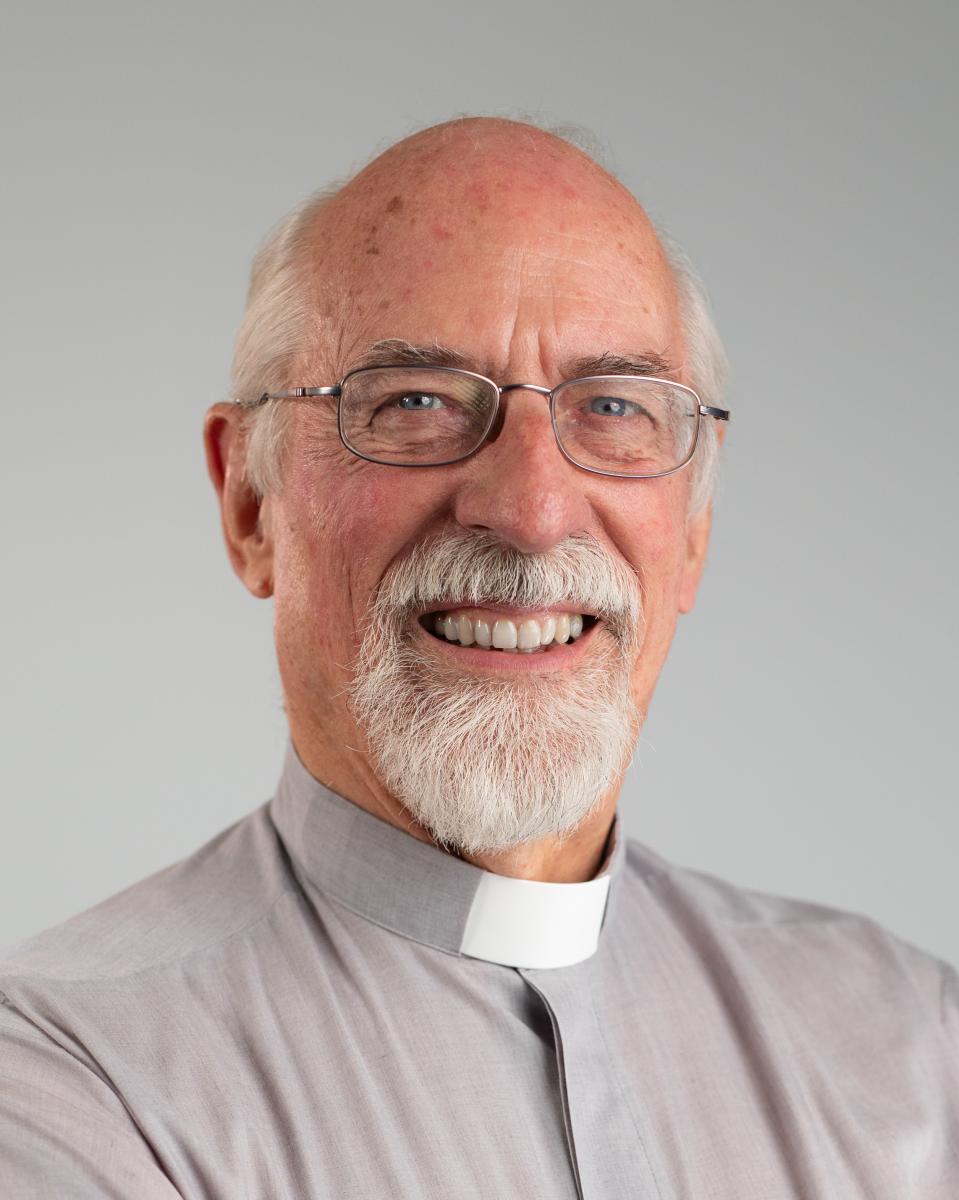Four Wednesdays, 6:30pm-8:00pm, beginning May 22
Almost all our congregations are getting smaller. For most of us that’s bad news. It freezes us and we can’t think beyond the desperation of finding a solution and failing, or just trying to survive one more year.
That’s not good news.
But Good News was our whole point.
What if this precipitous decline in numbers is God getting our attention to focus on our new mission field, not somewhere far away, but somewhere close? What if our new mission field is the secular society in which we live and where the people speak a strange unknown language? The language of secularism?
What if we followed the example of people like Archdeacon McDonald of the Arctic, who in the nineteenth century, despite his Scottish and Anishinaabe heritage, literally married into Gwich’in culture and successfully translated the scriptures and embedded the faith throughout the Arctic. Could we do the same today in our secular culture? What would that look like?
This isn’t something new, but a way to access the depth of our faith that could be powerful in our society.
We must find God and Christ already powerfully present within secularism. That means it’s not up to us to fix the problem. That’s good news!
It’s up to us to get on board with the salvation that’s already happening—that’s good news!
That’s good news for us and for the world.
This series of talks and discussion will focus on four topics:
May 22: Why so many people don’t go to church anymore
We’ll share conversations we’ve had, or haven’t had, with people who don’t go to church.
We’ll explore the possibility that they speak a language we don’t understand and we speak a language they don’t understand.
We’ll get some homework about listening for non-believers during the week.
May 29: How to translate our faith into Secular
Since nobody has ever seen God, how can we be so sure we know what God looks like?
Why God isn’t impressive. How God could be impressive again.
Discussion: What impresses us.
Why Jesus isn't just a nice guy who got killed a long time ago and they made up a religion about him.
How Jesus could regain cosmic significance.
Sharing our experiences of the Christ-process.
Homework: watching for the Christ-process in everyday life.
June 5: Getting a sense of the power of God.
The first Christians were so filled with power they were driven to walk around the ancient world. Why not us?
What was the message they were spreading? Why did it work so well?
What message are we called to spread? How could we experience it powerfully?
Practising the new message on one another.
Homework: Trying out the new message on family and friends.
June 12: Experiencing the power in Secular through an instructed eucharist
The eucharist as the central experience of our faith.
Sharing our experiences of eucharist.
Designing elements of the eucharist: word and sacrament
Entering the power of a eucharist in secular context.
About Harold Munn

Reverend Dr. Harold Munn, B.A., M.Div, D.Min, D.D, has lived in, or in close proximity to, many cross-cultural contexts: teaching science in East Africa; with miners in northern B.C.; with women in Edmonton’s inner city; with First Nations villages in the Yukon, on the Naas River, and on Vancouver Island; in Victoria addressing homelessness, addictions, and mental health issues; and in prisons outside Vancouver. He has led congregations ranging from tiny churches in Canada’s far north to All Saints’ Cathedral in Edmonton, Alberta.
Rev. Munn has been active in movements opposing nuclear war, supporting social justice, and urging action to address climate collapse. He is an associate of the international Society for Ordained Scientists, and has received awards for his writing.
Rev. Munn lives on the campus of UBC, Vancouver, with his wife of fifty years. They have two adult sons and four grandchildren whom he claims can be scientifically proven to be the most delightful grandkids in the world.
His forthcoming book "Faith in Doubt: how my dog made me an atheist and atheism made me a priest: an experiment in Faith" will be published this spring.